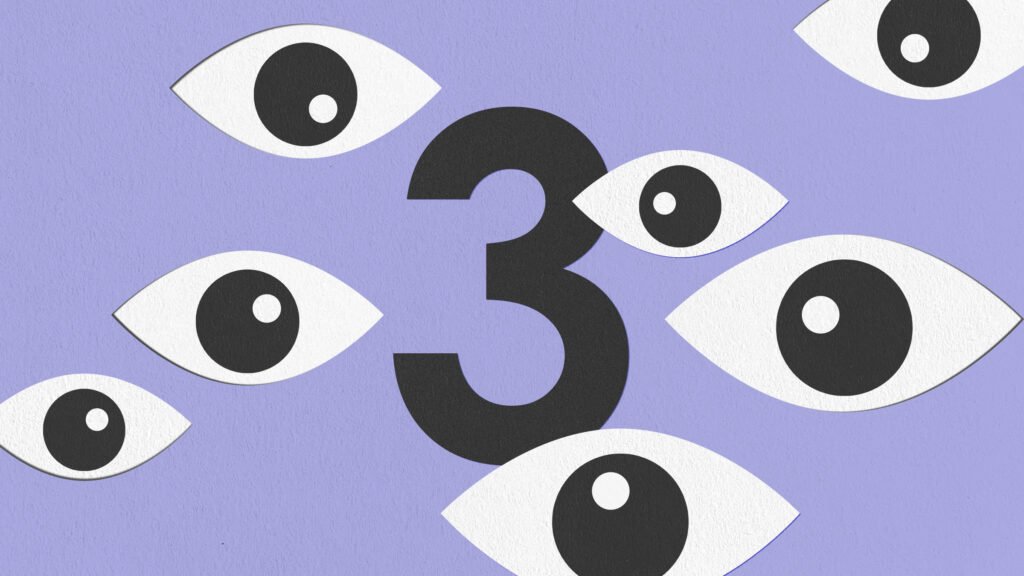2025 is shaping up to be a tumultuous year for people with disabilities, with significant changes on the horizon. As Donald Trump begins his second term in office, the appointment of Robert F. Kennedy Jr., a vocal critic of vaccines, to lead the U.S. Department of Health and Human Services raises concerns for the disability community. With Republicans pushing to slash Medicaid funding, the main source of long-term care for many individuals with disabilities, tough decisions lie ahead for health officials and policymakers.
In addition to these political challenges, the rapid advancement of artificial intelligence in healthcare poses new risks for people with disabilities. While AI has the potential to revolutionize healthcare systems, there is growing concern about how these technologies may exacerbate existing disparities and impact vulnerable populations. The combination of AI integration and potential Medicaid cuts has experts worried about the future of healthcare for individuals with disabilities.
States are increasingly turning to algorithms to automate healthcare decisions, but this shift is not without its pitfalls. Reports have highlighted cases where algorithm errors led to individuals losing access to vital services, raising questions about the reliability and accountability of automated systems in healthcare. As generative AI technology continues to evolve, the need for federal oversight and safeguards to protect the rights of people with disabilities becomes more pressing.
Community care, a lifeline for many Medicaid enrollees, is also at risk of cuts as states grapple with budget constraints. The home care industry, already struggling with low wages and workforce shortages, faces further challenges as the demand for care continues to rise. Efforts to pass legislation supporting caregivers have been met with mixed success, leaving many vulnerable individuals without adequate support.
The politicization of mask-wearing presents another obstacle for people with disabilities, as some politicians push for bans on wearing masks in public spaces. Despite the ongoing threat of infectious diseases like H5N1, the debate over mask mandates remains contentious. With potential changes in federal health policy under the Trump administration, the future of public health measures and protections for vulnerable populations remains uncertain.
As we look ahead to 2025, it is clear that people with disabilities face a myriad of challenges and uncertainties in the healthcare landscape. Advocates and policymakers must work together to ensure that the rights and needs of individuals with disabilities are protected and prioritized in the face of political and technological changes.


